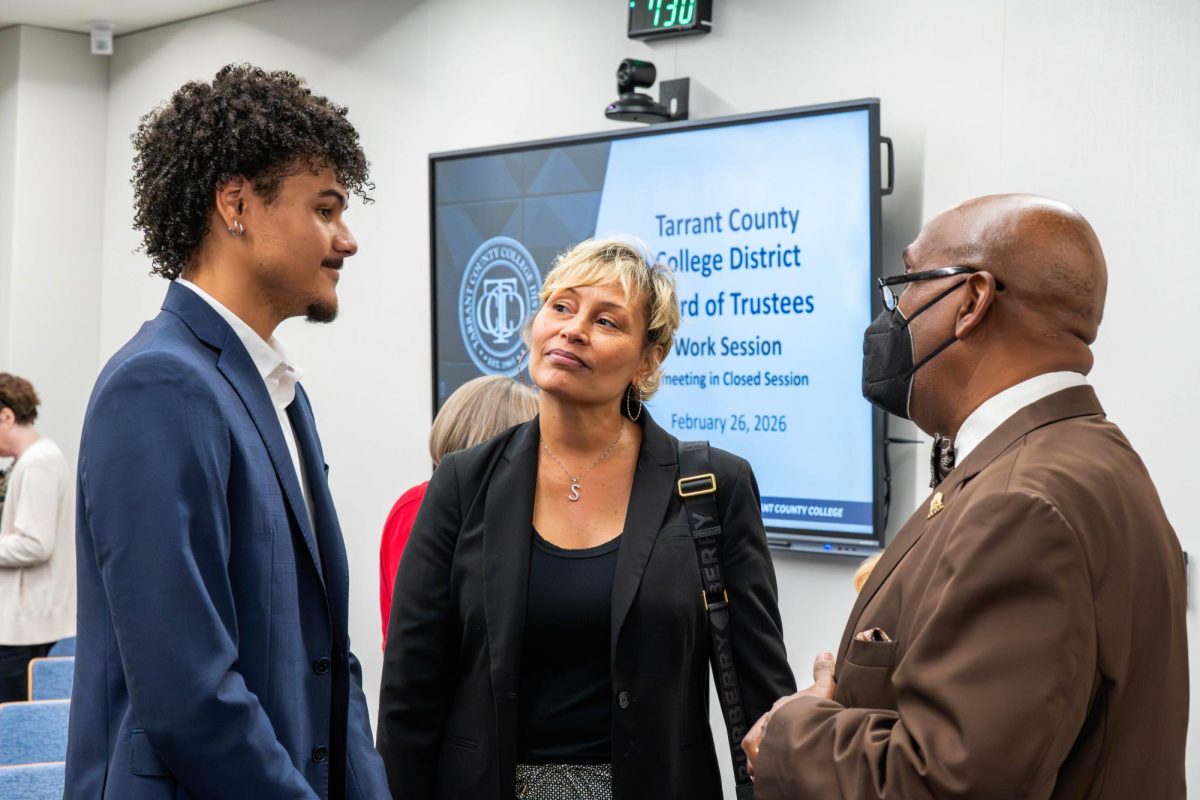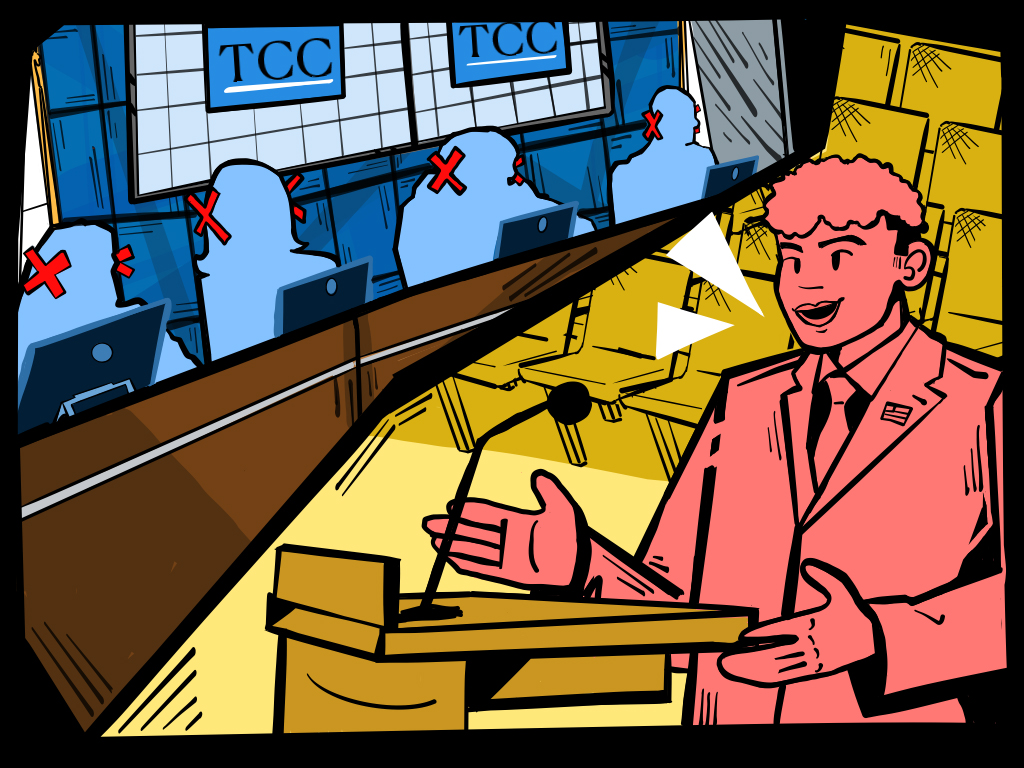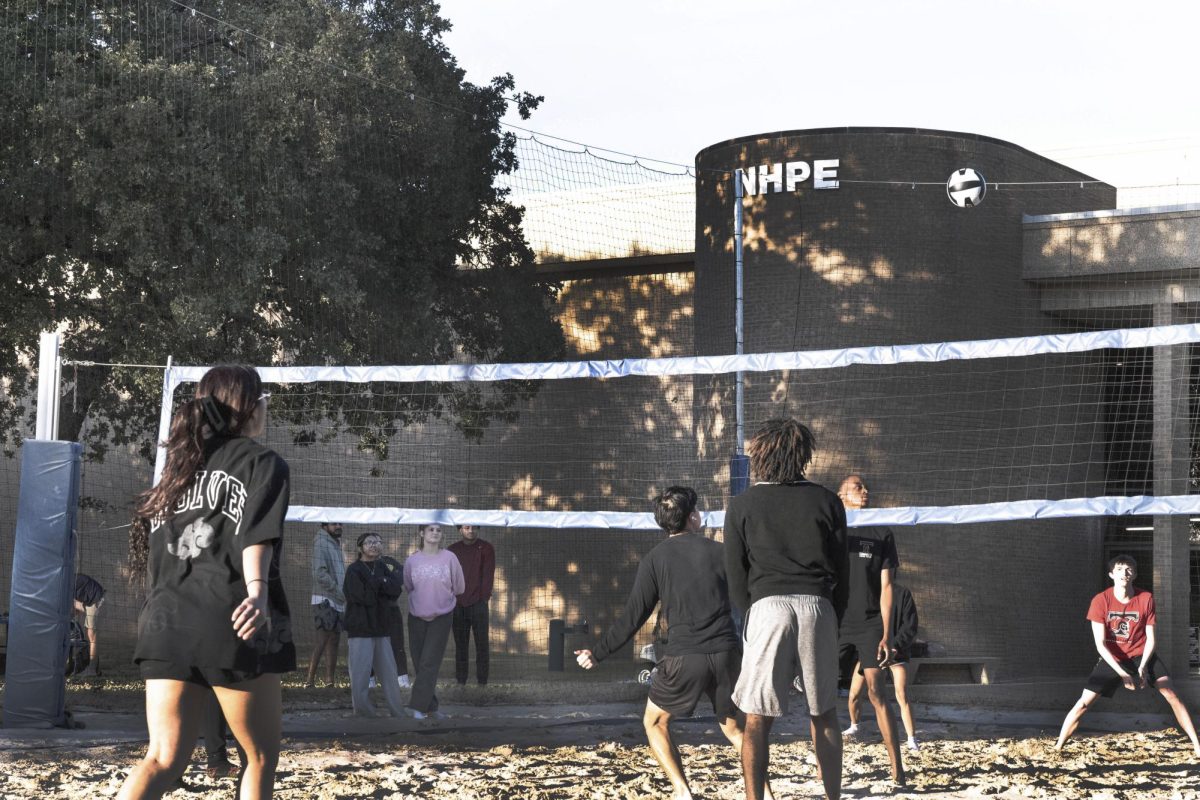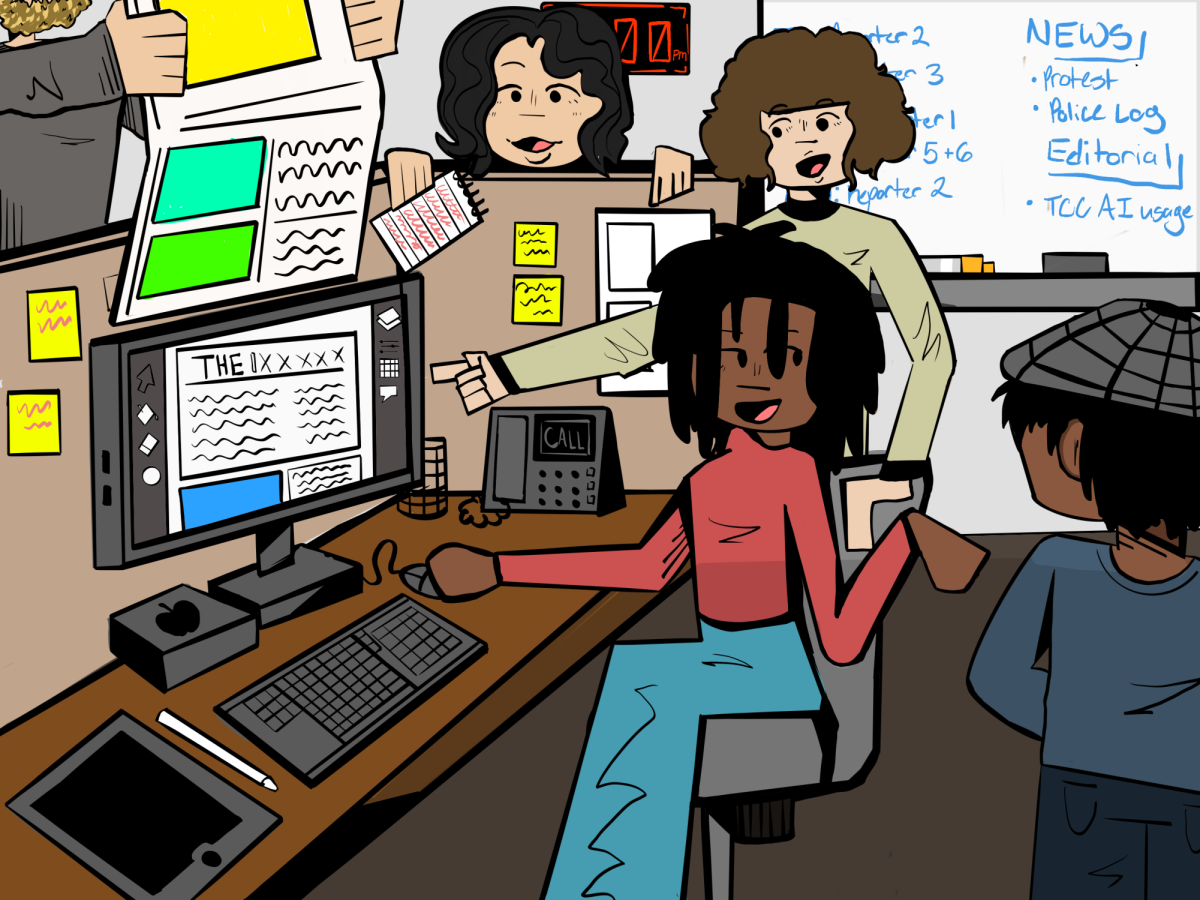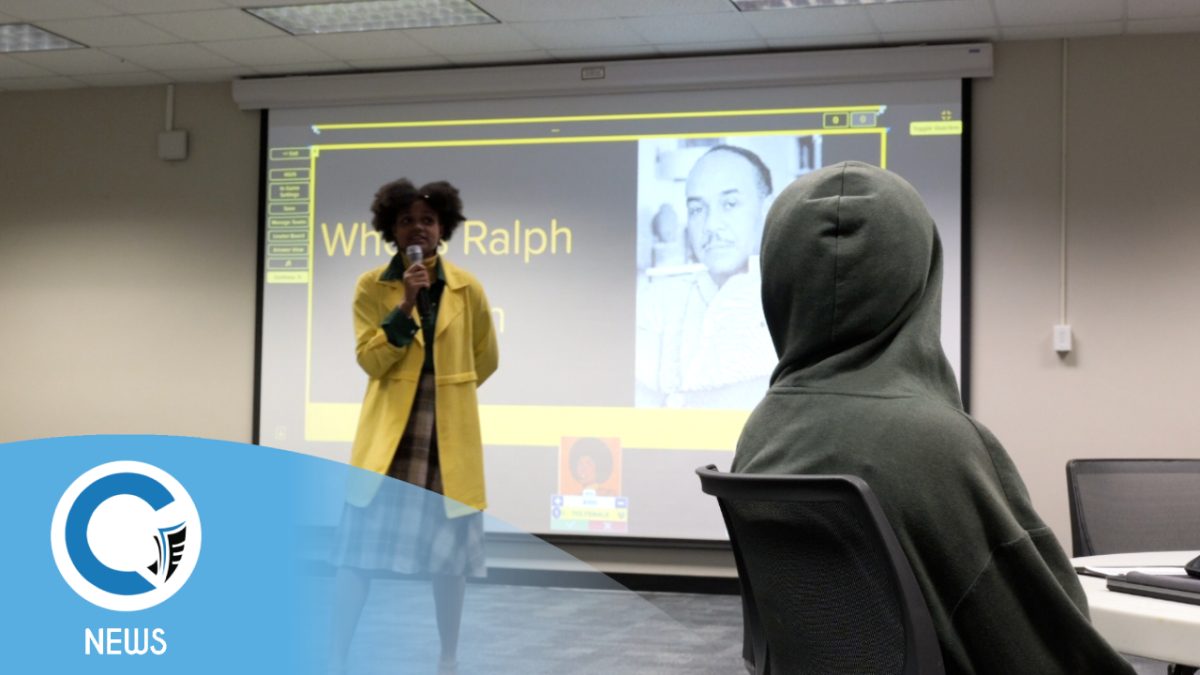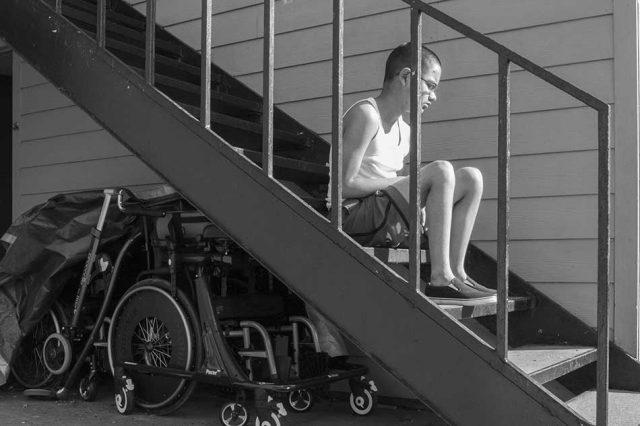By Katelyn Needham/ editor-in-chief
I have generalized anxiety disorder.
That statement alone is not something I have been able to come to terms with until recently, and even then, it still feels like an oppressive label, a little box that confines me with walls that cave in every so often.
Mental illness isn’t a visible handicap. It isn’t easy to diagnose, and doctors can’t just stick a cast on it like a broken bone and wait a couple months for it to heal. What’s worse is the negative stigma and the word “crazy” that gets tossed around when people find out.
A survey done by the Association for University and College Counseling Center Directors proves that I am not alone. Anxiety affects 41.6 percent of college students, which surpasses depression at 36.4 percent, according to the survey. The number of unreported cases would make that number even higher.
Anxiety feels a lot like drowning in my own thoughts.
During a panic attack, my chest can get so tight it feels like my racing heart will bust right out of it. My stomach twists itself into complex knots, and the basketball-sized lump in my throat makes it impossible to breathe, let alone talk without crying.
Nothing around me matters except the thing that triggered the attack. It consumes my thoughts and cripples my ability to think about anything else. It’s most often irrational, and while I can tell myself that, it doesn’t mean it’s going to stop.
It can be scary to see someone go through an episode as I have been on both ends of the situation. It’s hard to know how to help someone because it’s different for everyone.
The best ways to help are to stay calm and try not to make assumptions about what started the attack or what the person is feeling. Definitely do not tell them they are overreacting. It helps to move them to a quiet place and to help them focus on an easy breathing exercise, like counting to 10 slowly. Cliched as it sounds, it is one of the most helpful things.
Stress is one of the largest triggers for anxiety. That is something I can personally vouch for. For most, life as a college student means balancing work, studies and a social life. It is nothing but one constant stressor after the next.
Managing the disorder can be as simple as taking some time to relax during a busy week. This could be practicing yoga, listening to music, reading a book, taking a shower or really doing anything that’s enjoyable.
It also helps to remember that whatever makes me anxious is often irrational, and worrying about it is way worse than what is actually happening.
Living with anxiety and balancing life as a student is entirely possible, even when it doesn’t feel like it.


